I’m thinking about this because as well as anger over Ofsted and despair about funding there’s a worry about behaviour in schools. Hold onto your hats: that’s not to say that there’s general mayhem in the corridors and classrooms of Tallis or the nation: 95-odd percent of children still behave well at school and largely enjoy it, whether they admit it or not. But all institutions are feeling the pressure post-lockdown. Some are anxious, many are absent and a minority have got the idea that aspects of school are negotiable. Its happening everywhere: we’re all having to dig in extra-deep and re-establish boundaries. One of the Heads’ unions has gathered information nationally about behaviour this week, and the picture is – unnerving.
So I find myself asking: was it right to close schools during the plague? It seemed unavoidable at the time. But looking back? How can we balance the damage done to individuals’ learning and institutional integrity with the risk as it turned out? This isn’t a rhetorical question. There’s a 15 year research programme needed to assess the impact on learning, life-chances and social cohesion. If 5-10% of young people and their families have decided that schooling is optional, how will that play out in the next generation?
The context is further complicated by two boggy factors. One inevitably is funding, more below. The other is the way we see things now. Hard to express, here goes, sorry if I get it wrong.
The nation expects schools to be stable, bulwarks against the exigencies of life. The fundamental truth of safeguarding practice is that children are safest in school. So we have to get them all there, not 91% of them.
Schools are bulk institutions with baked-in economies of scale. We have classrooms of a standard 30-seat size, teachers trained and skilled in working with large groups, standard operating procedures that rely on consent and compliance, backed up by parents and society. A liberal outfit like Tallis is like all other schools in these respects.
We all need children to follow instructions: the difference between schools is how the instructions are given.
That means, necessarily, that the amount of individual negotiation any school can manage with a child is limited. A child with a severe, diagnosed need might be excused Spanish. A child who just doesn’t fancy it and would prefer to wander about …. hard luck, in you go. However, as a society we are much more likely now to take account of individuals’ needs and choices, and we are more likely to give some of those needs or desires a name. That means that some children and families wish for special treatment that schools will not and cannot give. It's not that we don’t care, and it's not that we see children as cogs in a machine. We’re literally built to function in a particular way, in communities where everyone has to play their part and children’s singular wishes usually have to be subsumed to the common good. we don’t just do it because of economics, conservatism or cussedness. We do it because that’s how the world works.
This is particularly difficult in secondary schools because between 10 and 19, those parts of the brain involved in planning and social interactions are still maturing. As the scientists say, this lengthy period of our lives is unusually challenging. Challenging for the adolescent, and challenging for everyone who cares for them.
You know that I believe that schools should be model communities of learning and social good, and that comprehensive schools in particular should demonstrate the best kind of equal and equitable society. It only works if everyone’s there, and we all work together. Some of our young people have suffered from the disruption of the plague in a particular way and perhaps do have a time-constrained special need that needs a particular kind of response. There was much money spent on the architecture of disease – testing, vaccinating and the economic support that sort-of followed – but now we need similar spending for the follow-on. We need attendance officers, behaviour staff, welfare teams, family liaison workers, counsellors, mental health specialists and educational psychologists. And we need teachers who have time to think, and plan. Currently – well, you’ve heard me on this before. We don’t have them and soon we won’t be able to afford anyone. And there’s hardly anyone to appoint even if we had the money.
I have a mixed relationship with The Guardian these days, but Zoe Williams wrote an interesting piece a couple of weeks ago about how the public schools reshape themselves every generation to produce what society wants from them: colonists, soldiers, politicians of a particular kind. I don’t think our public-school-dominated government is deliberately running state education into the ground, but I know plenty people who do think that. I just think they don’t know what we do, or what will happen when we can’t.
Many young people are still reeling from the brutal withdrawal of the major structure in their lives during the massive brain re-ordering of adolescence. They need enough good adults to support and manage them. Government, for the love of God, turn your thoughts to us, the universal service for children. If you destroy us, you destroy the future.
CR
5.5.23

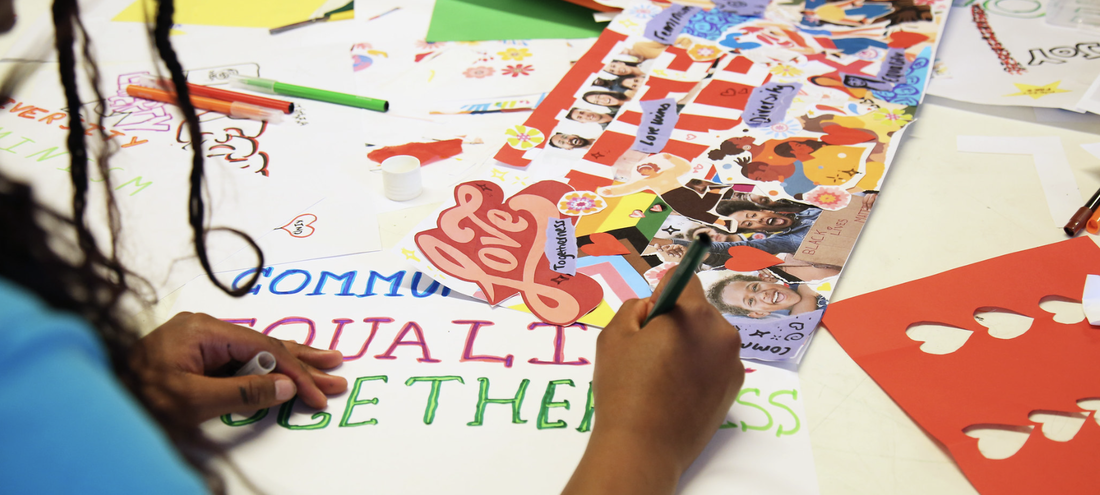
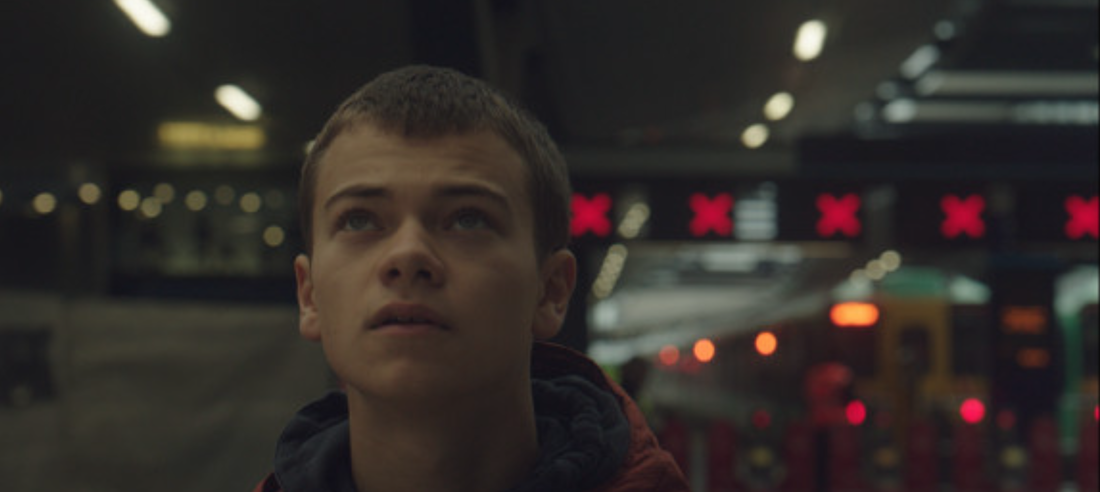
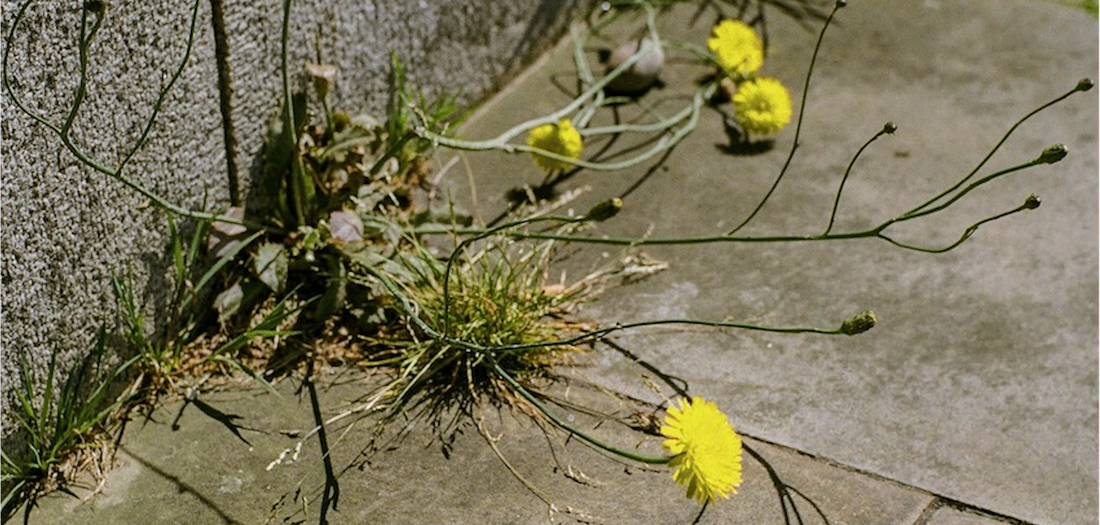



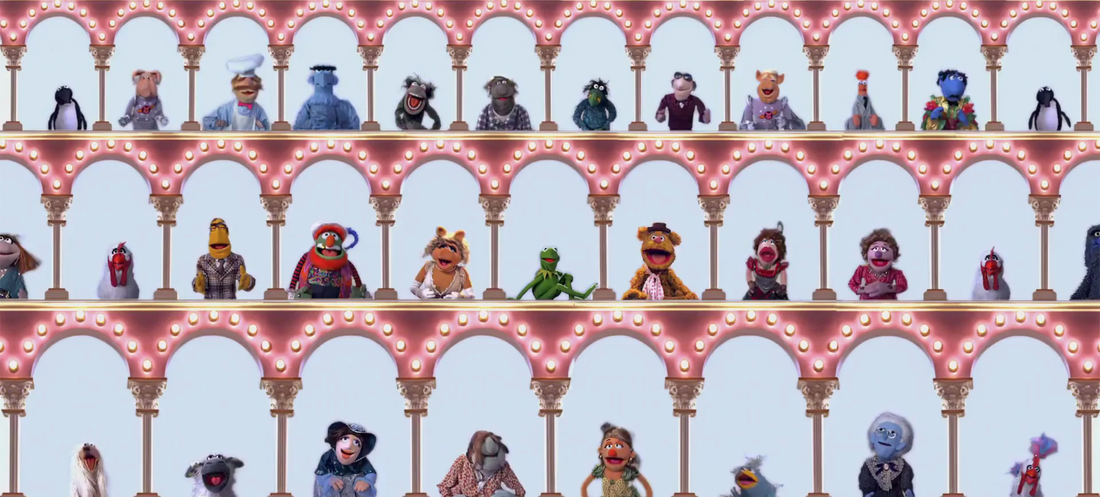


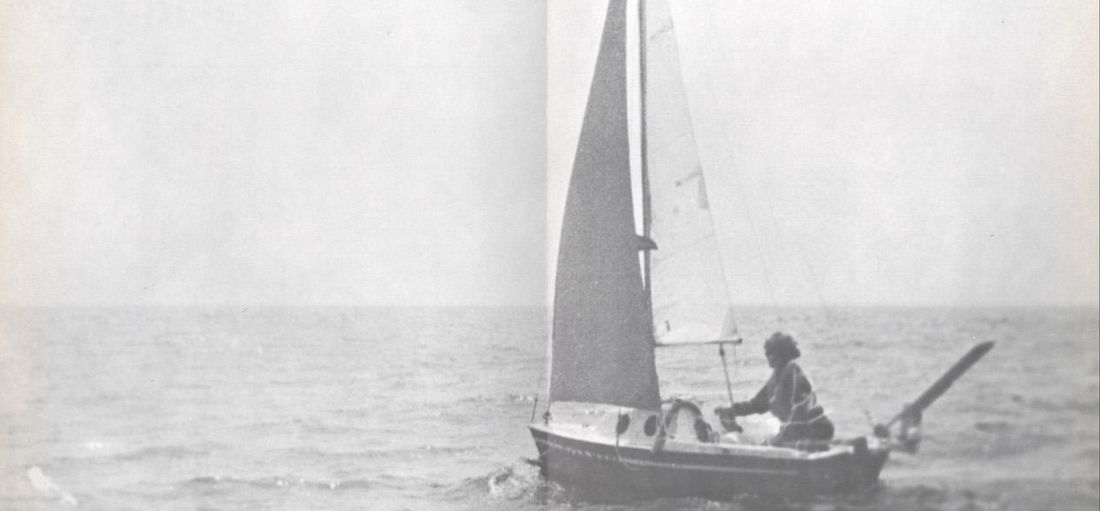
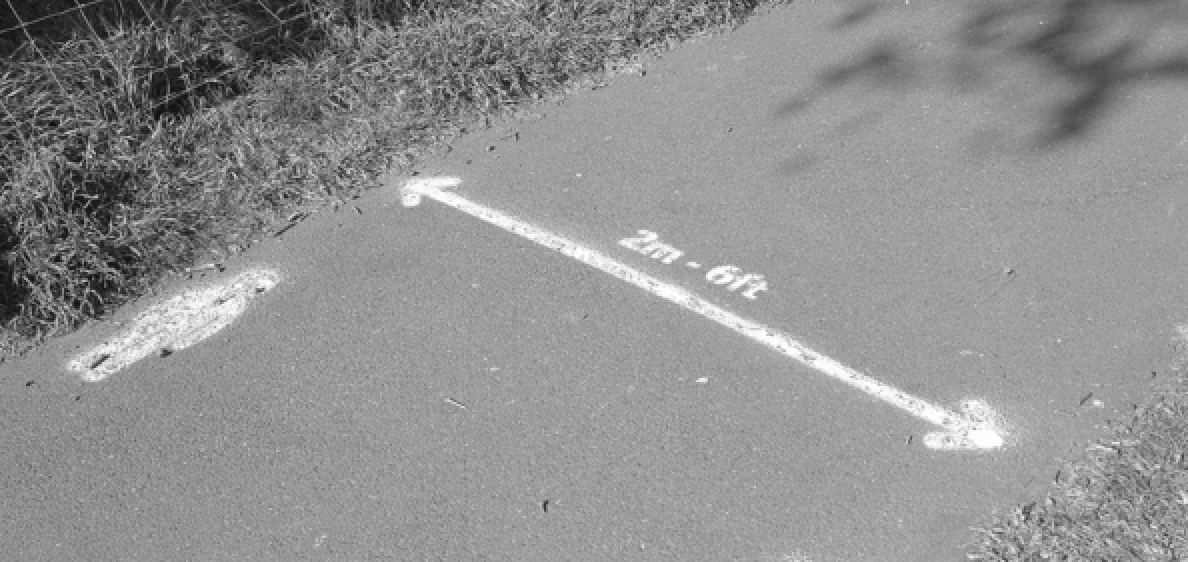
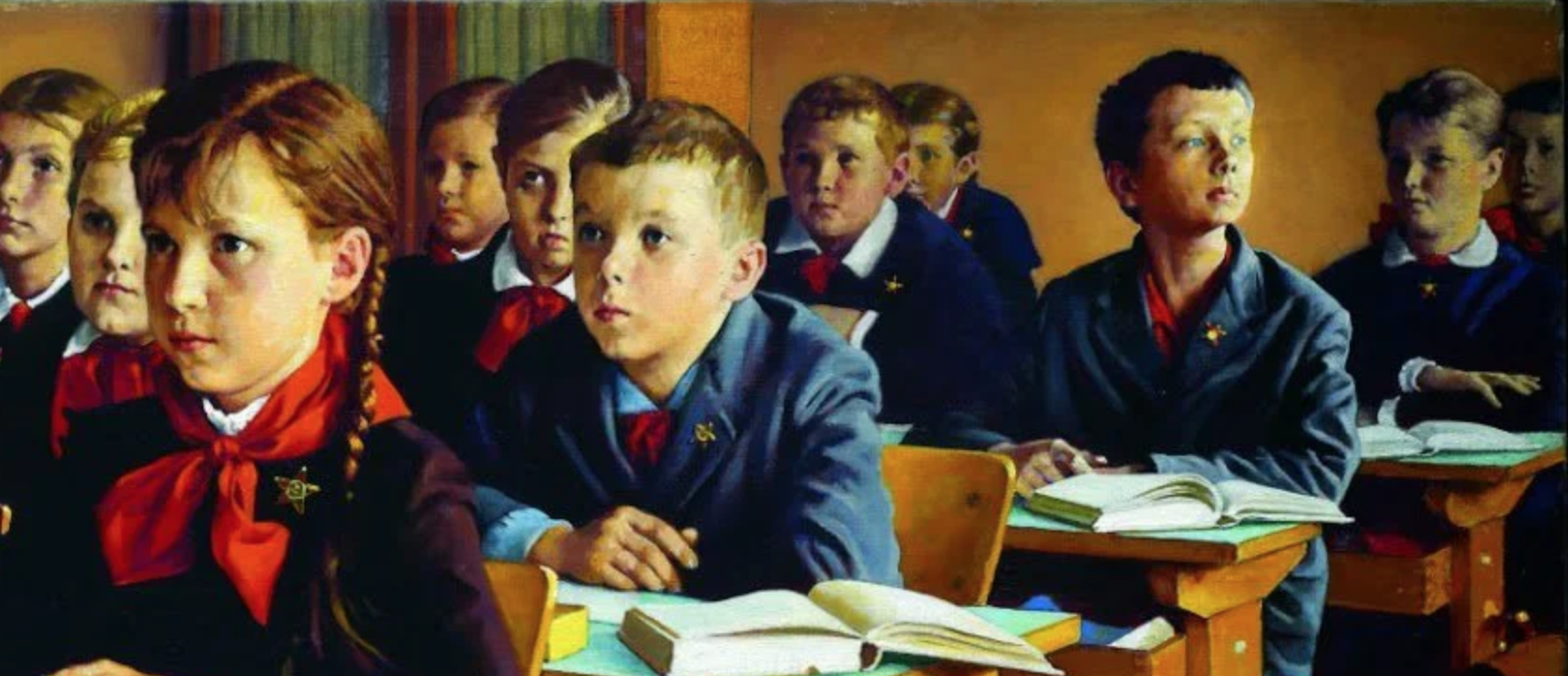
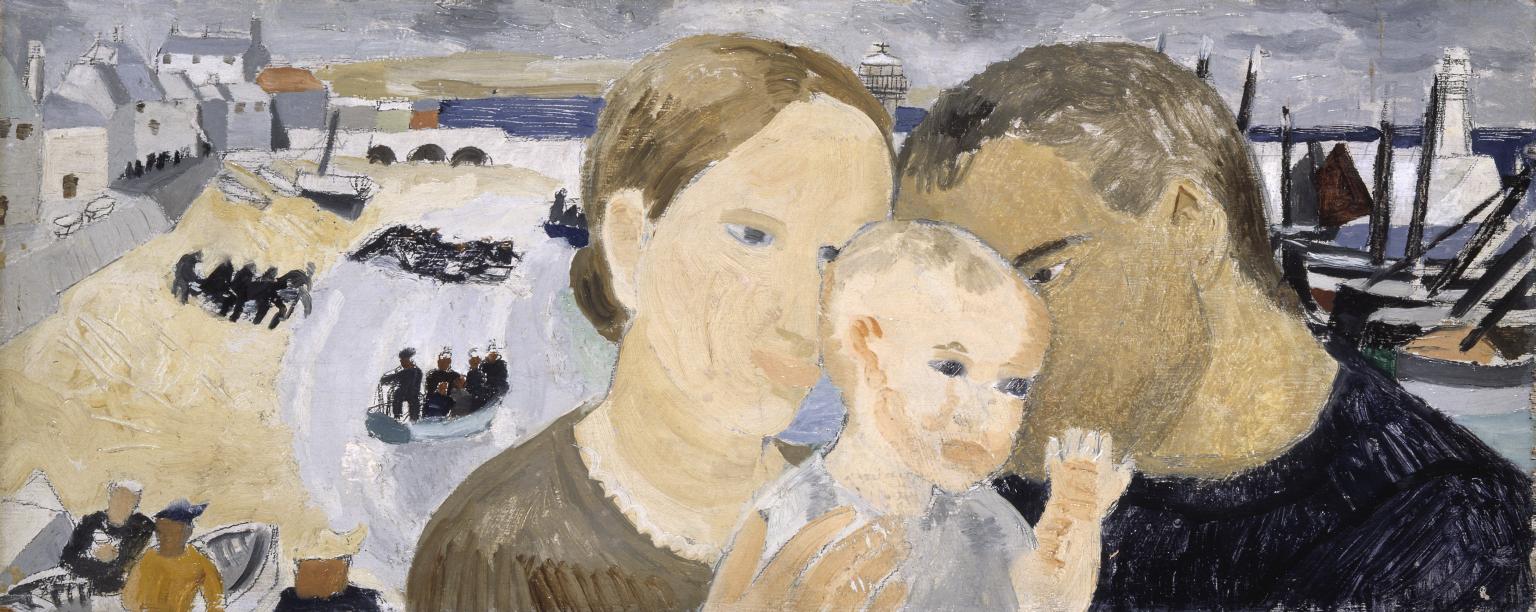


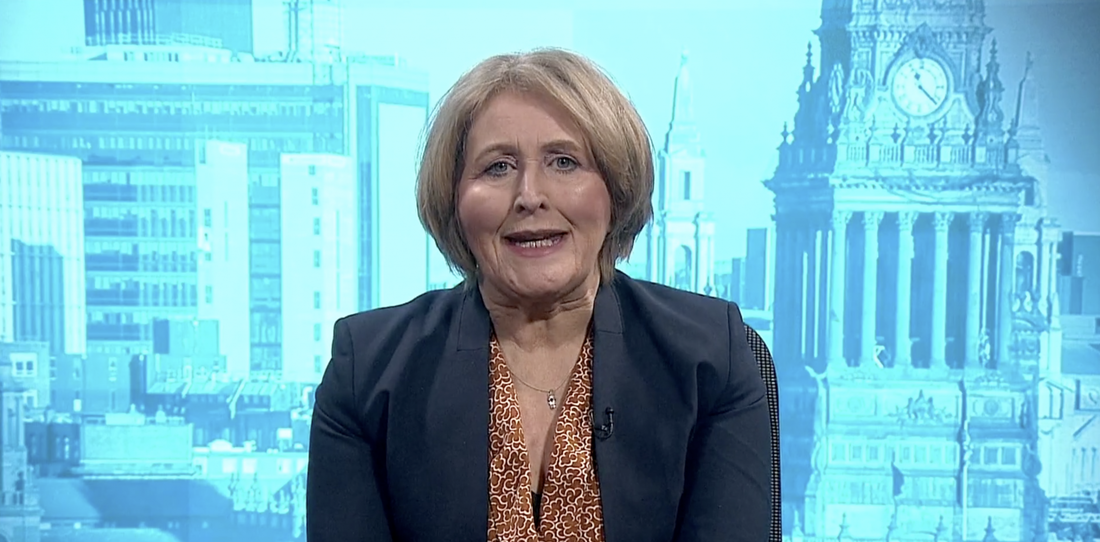
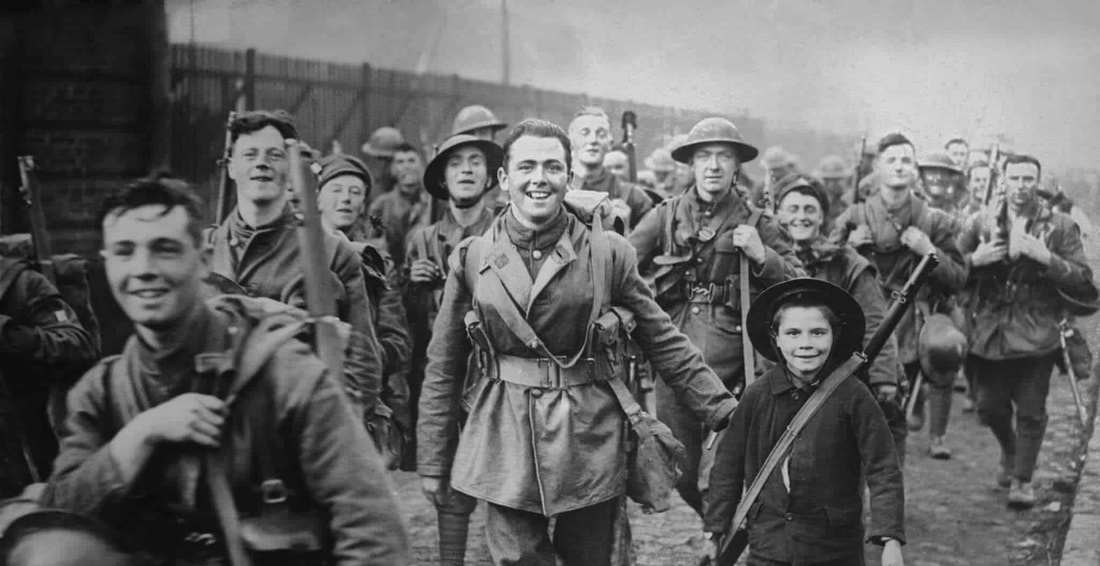
 RSS Feed
RSS Feed